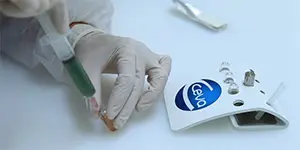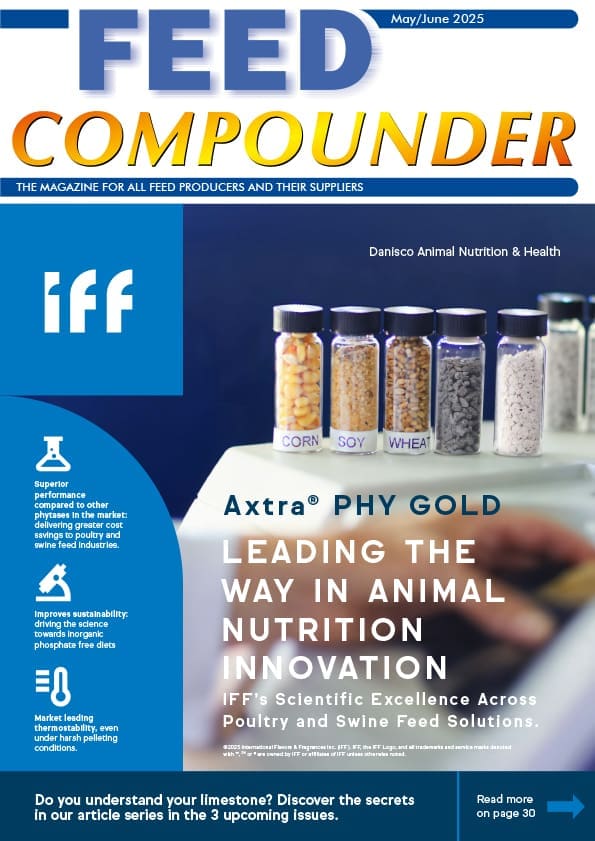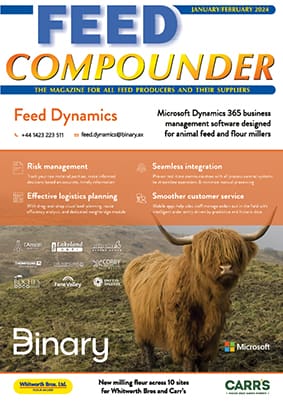Avian influenza has become endemic worldwide, threatening poultry production, food security, and potentially human health. Ceva Animal Health, the world’s fifth-largest animal health company, is convinced that vaccination offers a powerful tool to support global efforts.
Recent developments, including the World Organisation for Animal Health (WOAH) Resolution 29 in May 2025, and ongoing discussions with HealthforAnimals and the FAO (EU-FMD) regarding a global pre-qualification of vaccines scheme, underscore the importance of coordinated prevention strategies. Recent vaccination successes demonstrate the power of preventative medicine in managing epidemics and stabilising the sector. A campaign in France notably reduced outbreaks, boosting French poultry production by 12.1% in 2024, surpassing 2019 levels. Building on this success, France has made this a yearly campaign each October.

Vaccination not only reduces outbreaks and slows the spread between flocks but also lowers the potential for human transmission. It offers an alternative to the devastating practice of depopulation, supporting animal welfare and higher levels of sustainability. This not only improves the state of animal health, but also contributes to a broader “One Health”.
This is why Ceva has long been at the forefront of developing these vaccines, contributing to ongoing research and development. Ceva is investing in R&D to develop practical alternatives to existing biosecurity measures as part of its One Health vision. As the historical world leader in vector vaccines for poultry and the world leader in broiler vaccination, Ceva prioritises mitigating the impact of animal diseases.
For over a decade, Ceva has effectively vaccinated chickens against avian influenza. They developed a practical vaccine for layers and broilers using innovative technology on a 50-year-old Marek’s disease vaccine. This hatchery vaccination requires just one injection, providing lifelong protection. Additionally, they have overcome maternal antibodies that hinder vaccine absorption in day-old chicks, ensuring early immunity.
Additionally, Ceva has registered a nucleotide vaccine for ducks in France, a first in Europe. The Ceva vaccine offers hatchery primary vaccination, enhancing quality and reducing biosecurity risks. It includes a 28-day booster within the regular vaccination schedule and features a DIVA design, which distinguishes between infected and vaccinated animals, aiding in disease surveillance and epidemic control. Additionally, its small packaging suits various farm sizes, minimising dose wastage.
Vaccination, combined with robust biosecurity measures, helps secure the future of global poultry production, food security and human health. A tailored, risk-based approach ensures programs meet the specific needs of breeds and production systems. Educating stakeholders on the success of these vaccinations will also help foster widespread adoption and understanding, contributing to a healthy bird population for generations to come.
If you are interested in setting up an interview with the company to learn more about what Ceva is doing to prevent the spread of Avian Influenza, the current scientific and regulatory landscape shaping prevention strategies or how Ceva’s One Health approach and vaccine development efforts are helping to reduce the threat of future pandemics, please do not hesitate to get in touch.




